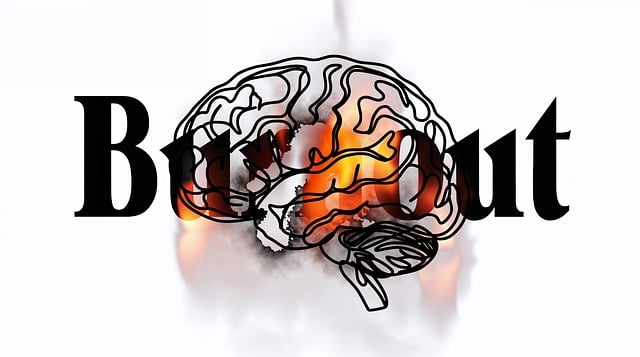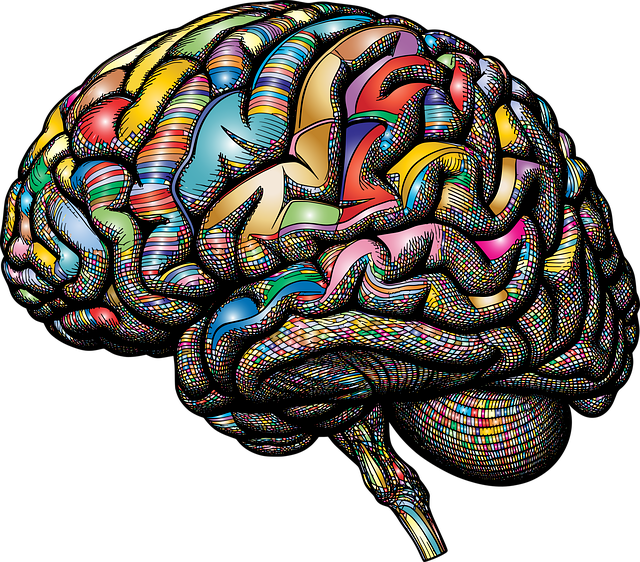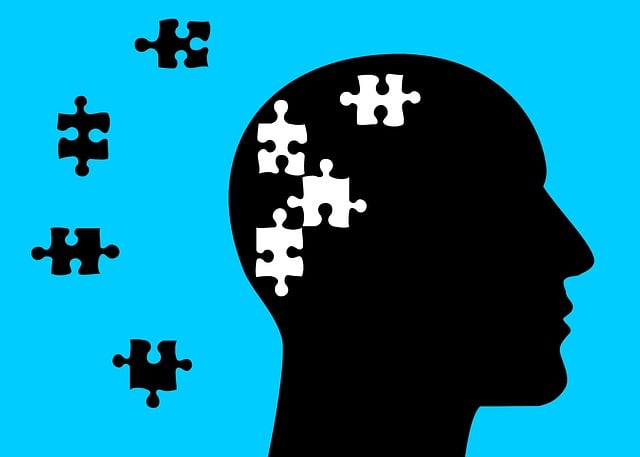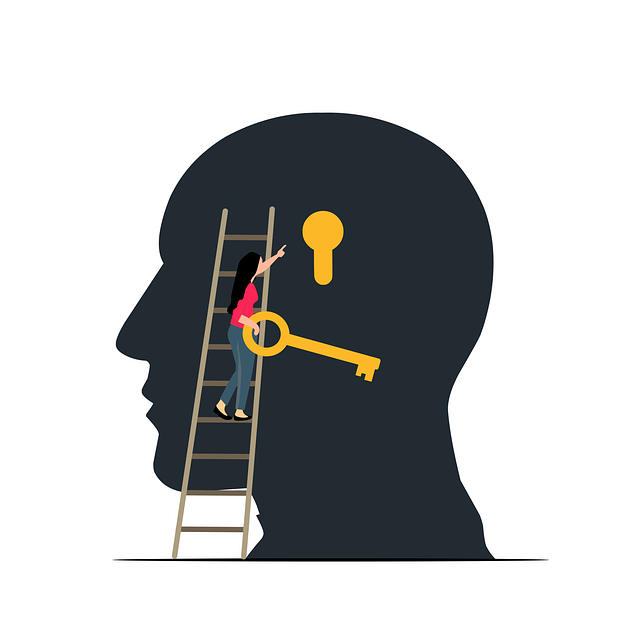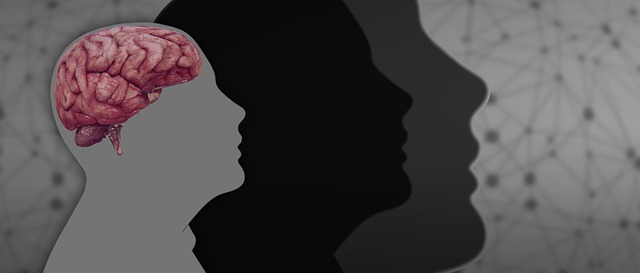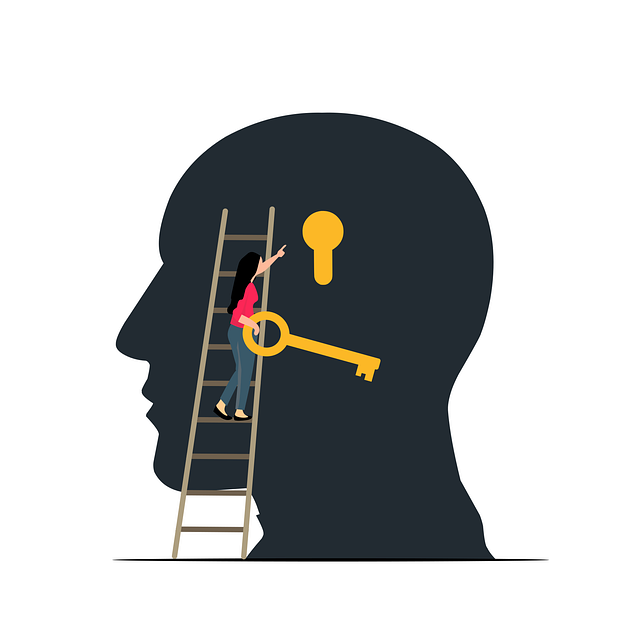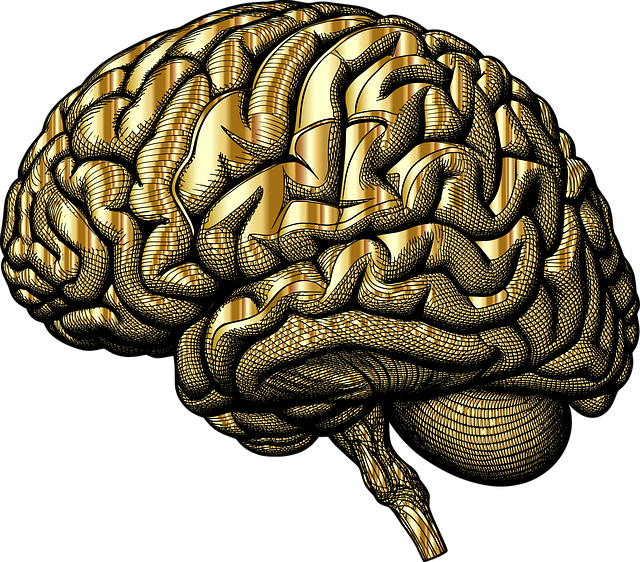Aurora Children's Therapy leverages its Crisis Intervention Teams (CITs) for swift, specialized responses to mental health emergencies among children and adolescents. Through training in programs like Mental Wellness Coaching, professionals gain skills in crisis assessment, de-escalation, and post-crisis support. Public awareness campaigns educate the community about mental health issues, encouraging early intervention. Aurora's holistic approach includes active listening, mindfulness meditation, rigorous risk management planning, and evidence-based strategies for long-term mental health goals, fostering resilience and well-being within the community.
In today’s challenging social landscape, effective crisis intervention teams (CITs) play a pivotal role in supporting vulnerable individuals. This article explores the crucial topic of CIT training programs, with a specific focus on their impact within Aurora Children’s Therapy. We delve into the essential components that define successful training, including situational awareness, de-escalation techniques, and trauma-informed care. By implementing best practices, Aurora Children’s Therapy crisis teams enhance their capacity to navigate crises, ultimately improving outcomes for those in need.
- Understanding Crisis Intervention Teams: Role and Importance in Aurora Children's Therapy
- Key Components of Effective Crisis Intervention Team Training Programs
- Implementation and Impact: Best Practices for Aurora Children's Therapy Crisis Teams
Understanding Crisis Intervention Teams: Role and Importance in Aurora Children's Therapy

Crisis Intervention Teams (CITs) play a pivotal role in Aurora Children’s Therapy, offering crucial support during mental health emergencies. These teams are composed of trained professionals who swiftly respond to children and adolescents experiencing severe emotional distress or psychiatric crises. The primary goal is to de-escalate situations, provide immediate relief, and ensure the safety and well-being of both the individual in crisis and those around them.
Through specialized training programs, such as Mental Wellness Coaching, CIT members gain essential skills in crisis assessment, intervention techniques, and post-crisis support. This prepares them to navigate complex scenarios effectively. By fostering public awareness through campaigns and educational initiatives, Aurora Children’s Therapy promotes a culture of understanding mental health issues, encouraging early identification and intervention. Thus, these training programs not only equip individuals with stress management strategies but also contribute to the broader development of Public Awareness Campaigns, ultimately enhancing the community’s ability to support young people during times of crisis.
Key Components of Effective Crisis Intervention Team Training Programs

Effective crisis intervention team (CIT) training programs are pivotal in equipping mental health professionals with the necessary tools to handle critical situations. At Aurora Children’s Therapy, we emphasize several key components that underpin successful CIT training. Firstly, these programs must foster an environment of active listening and empathy, enabling team members to connect deeply with individuals in crisis. This is where techniques such as mindfulness meditation play a crucial role, promoting emotional well-being and enhancing the therapist-client relationship.
Moreover, comprehensive CIT training involves rigorous risk management planning. Mental health professionals need to be adept at assessing and mitigating potential risks associated with volatile situations. By integrating practical risk management strategies into their training, these teams become better prepared to navigate complex scenarios safely and effectively. This holistic approach ensures that Aurora Children’s Therapy and similar institutions continue to provide top-tier support for those in mental health crises.
Implementation and Impact: Best Practices for Aurora Children's Therapy Crisis Teams

The successful implementation of crisis intervention team training programs at Aurora Children’s Therapy has significantly impacted the overall well-being and resilience of young clients. Best practices involve integrating evidence-based strategies that address not only immediate crises but also long-term mental health goals. By fostering an environment where every team member understands their role and is equipped with the latest techniques, Aurora Children’s Therapy crisis teams are able to effectively navigate complex situations.
This holistic approach includes training in resilience building, which equips children with coping mechanisms to handle future challenges. Additionally, mental illness stigma reduction efforts play a pivotal role in creating an inclusive space where youngsters feel understood and supported. Infusing mind over matter principles helps young clients develop a growth mindset, encouraging them to view setbacks as opportunities for learning and personal development. These comprehensive strategies not only enhance crisis intervention effectiveness but also contribute to broader mental health promotion within the community.
Aurora Children’s Therapy crisis intervention team training programs play a vital role in equipping professionals with the necessary tools to navigate and de-escalate challenging situations. By focusing on key components such as situational awareness, communication skills, and evidence-based strategies, these programs empower teams to provide effective support. Implementing best practices ensures that Aurora Children’s Therapy crisis teams are well-prepared to handle crises, fostering a safe and positive environment for children and families.
